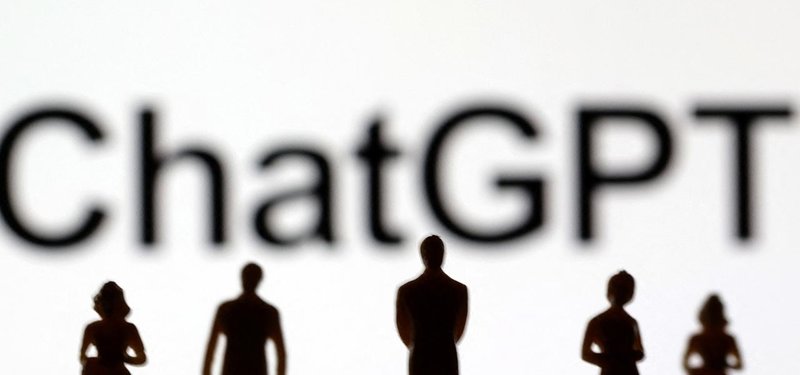
Study: 10% of Australians use ChatGPT for health questions, raising risks
A study in Australia shows nearly 10% of people use ChatGPT for health-related questions, raising concerns about the risks of relying on AI for medical advice, especially for those with low health literacy.
- Tech
- Agencies and A News
- Published Date: 12:08 | 25 February 2025
- Modified Date: 12:08 | 25 February 2025
In recent years, artificial intelligence (AI) technologies have become an important part of people's daily and professional lives. This technology, which offers personalized and reasonable responses to users for free, has also become a tool for information gathering in the healthcare sector. However, it can be risky and lead to unnecessary concerns.
Generative AI is still a relatively new technology and is continuously evolving. A new study has revealed who in Australia is using ChatGPT for health-related questions and what kind of questions they are asking.
The study's findings may help understand how people can use this new technology in healthcare and the new skills required for safe use. In this context, the concept of "AI health literacy" is gaining importance.
WHO IS ASKING HEALTH-RELATED QUESTIONS TO CHATGPT?
In a study conducted in June 2024, over 2,000 people across Australia were interviewed. 9.9% of participants reported asking a health-related question to ChatGPT in the first half of 2024. Overall, users expressed "moderate" trust in ChatGPT (3.1 out of 5).
The study showed that people with lower health literacy, those born in non-English-speaking countries, or those speaking a different language at home, were more likely to use ChatGPT. This suggests that individuals with limited access to traditional health information tend to turn to AI-supported sources.
WHAT ARE THE MOST COMMON HEALTH QUESTIONS ASKED?
The main topics of health-related questions posed to ChatGPT include:
- Information about a health condition (48%)
- Learning the meaning of symptoms (37%)
- Asking what steps to take on a specific issue (36%)
- Understanding medical terms (35%)
61% of participants reported asking at least one question that typically requires a clinical assessment. Specifically, questions related to the meaning of symptoms were classified as "riskier" because they cannot replace doctor's advice.
People born in non-English-speaking countries or those speaking a different language at home were more likely to ask these "riskier" questions.
WHY IS THIS IMPORTANT?
The use of generative AI for health information is expected to increase. Among those who haven't yet used ChatGPT for health information, 39% stated they might do so in the next six months.
Additionally, not just ChatGPT, but other AI tools such as Google Gemini, Microsoft Copilot, and Meta AI are also being used more in this field.
It has been observed that individuals with different cultural and linguistic backgrounds often turn to ChatGPT for health information. If these people use AI to translate health information, the accuracy rate may decrease further.
AI tools are known to provide less accurate responses in different languages. Therefore, both human-assisted and technological solutions need to be invested in to overcome the language barrier in accessing high-quality health information.
WHY IS AI HEALTH LITERACY IMPORTANT?
Generative AI is now a part of life, bringing both opportunities and risks to the healthcare sector. On the one hand, it provides great convenience for individuals who struggle to access health information. Since most health information is written in overly complex language for the general public, AI can simplify it and make it more understandable.
On the other hand, relying on general-purpose AI tools for medical advice, especially in situations requiring clinical assessment, poses risks. It has previously been revealed that some users consulted AI tools to decide whether they should visit a hospital, which could lead to dangerous outcomes.
WHERE CAN ACCURATE HEALTH INFORMATION BE FOUND?
It is crucial for people to pay attention to the questions they ask AI tools and to consult authorized health organizations for riskier questions.
In Australia, organizations like HealthDirect, which provide reliable health information, offer free national support to citizens. Helplines with registered nurses and online symptom checkers can guide individuals in deciding whether to go to the hospital.
As policies on AI usage in healthcare are developed, the focus has primarily been on how healthcare professionals will use this technology. However, it is vital to improve "AI health literacy" skills across the general population. The need for these skills will continue to grow as the use of AI tools becomes more widespread and the technology evolves.

